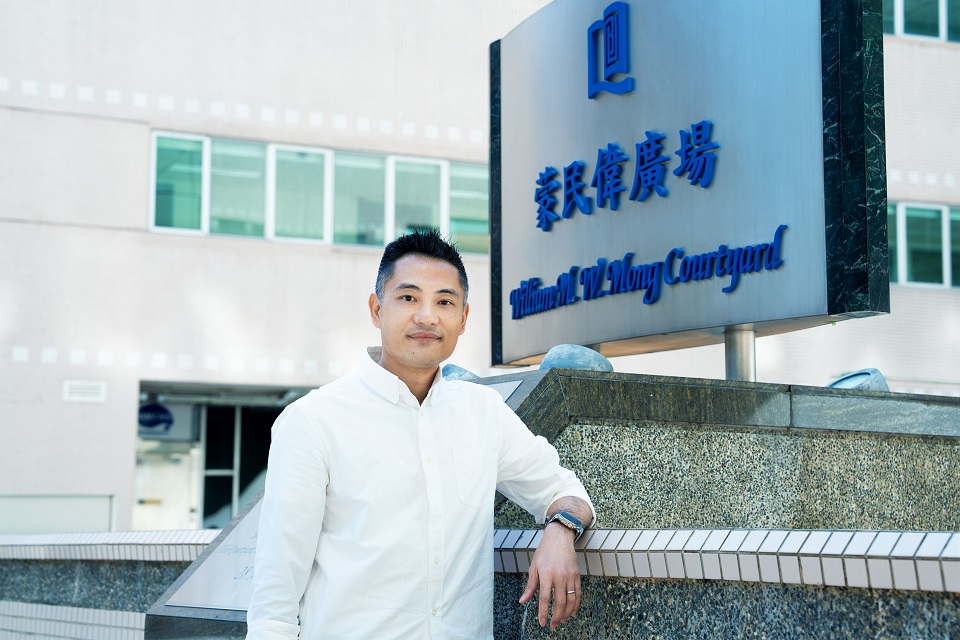Discover HKBU
Hope for alternative cancer treatment
30 Nov 2023


Despite the many advancements made in oncology over the years, cancer remains one of the most challenging and feared diseases for doctors and patients alike.
The current treatment is largely based on the use of Cisplatin, an FDA-approved platinum-based chemotherapeutic agent. However, its limitations include significant side effects and the development of resistance.
Exploring therapeutic alternatives with fewer side effects
The quest to overcome these therapeutic challenges became the research topic of Dr Man Wai-lun, Assistant Professor of the Department of Chemistry. In collaboration with Dr Ni Wenxiu at the Medical College of Shantou University, Dr Man led a research team to investigate the potential of other metal complexes, specifically ruthenium, as a potentially more effective anticancer agent with fewer side effects. With this promising premise, the study has already secured funding from an HKBU start-up grant (one-off Tier 2).
“My interest in this topic stems from my focus on fundamental research. I have been particularly interested in designing metal-based complexes as model compounds to gain a deeper understanding of complex biological reactions at the molecular level. In recent years, I have expanded my research scope to explore how we can address global challenges, such as environmental and global health issues, through sustainable chemistry. Research in drug discovery is an example of how we can make meaningful advancements and possible breakthroughs in cancer treatment and improve the quality of life of patients battling with the disease,” said Dr Man on his research motivation and goals.
Potential breakthrough with ruthenium compounds
Ruthenium compounds are lauded as the best alternative in chemotherapy, due to their lower toxicity and higher selectivity. In Dr Man’s study, the ruthenium compounds demonstrated promising cytotoxicity i.e. the ability to kill cancer cells in the liver, breast, ovary and lung, and even those that are resistant to cisplatin. Further animal studies have reinforced the ruthenium compound’s unique properties in reducing tumour growth, without causing weight loss in the test mice during the treatment period.
Seeking alternatives could take decades before a new drug can be launched in the market, and Dr Man is quick to acknowledge the need for funding support. “Drug development is a complex and collaborative process involving experts from various fields. The next steps for this research will involve preclinical studies and clinical trials to evaluate the safety and efficacy of the ruthenium-based compounds. The progress of this project depends highly on extra funding support. Suffice to say, our findings to-date have significantly impacted the future development of anticancer agents, and we have reason to be hopeful for more positive results validating the effectiveness of ruthenium compounds after the clinical trials.”
The prerequisite for breakthroughs is to have an open mind and the dogged determination to follow through on one’s goals. The work of Dr Man and his team and that of many other scholars at HKBU, is testament to this remarkable spirit as well as the university’s commitment to research excellence and sustainable developments worldwide.